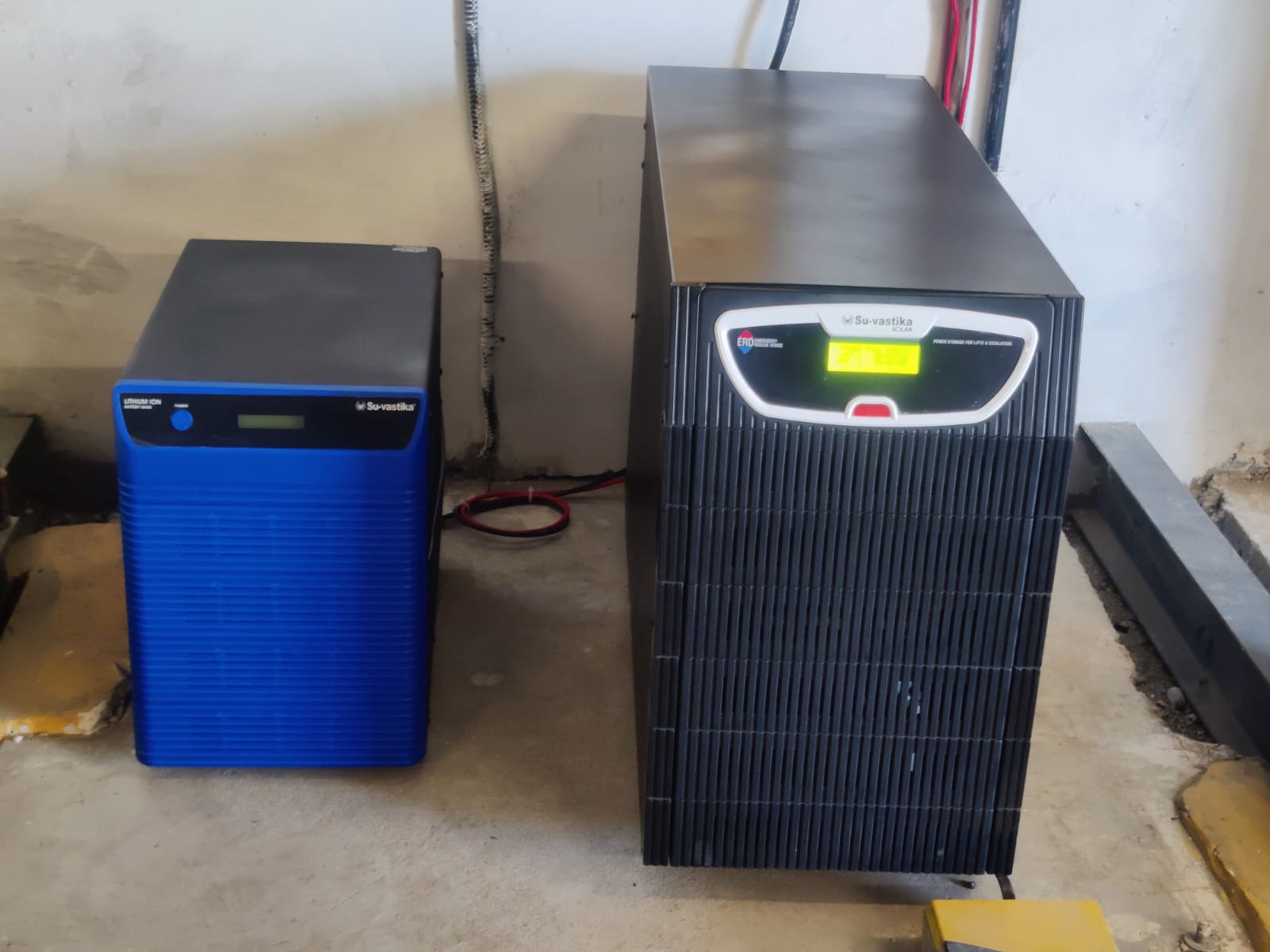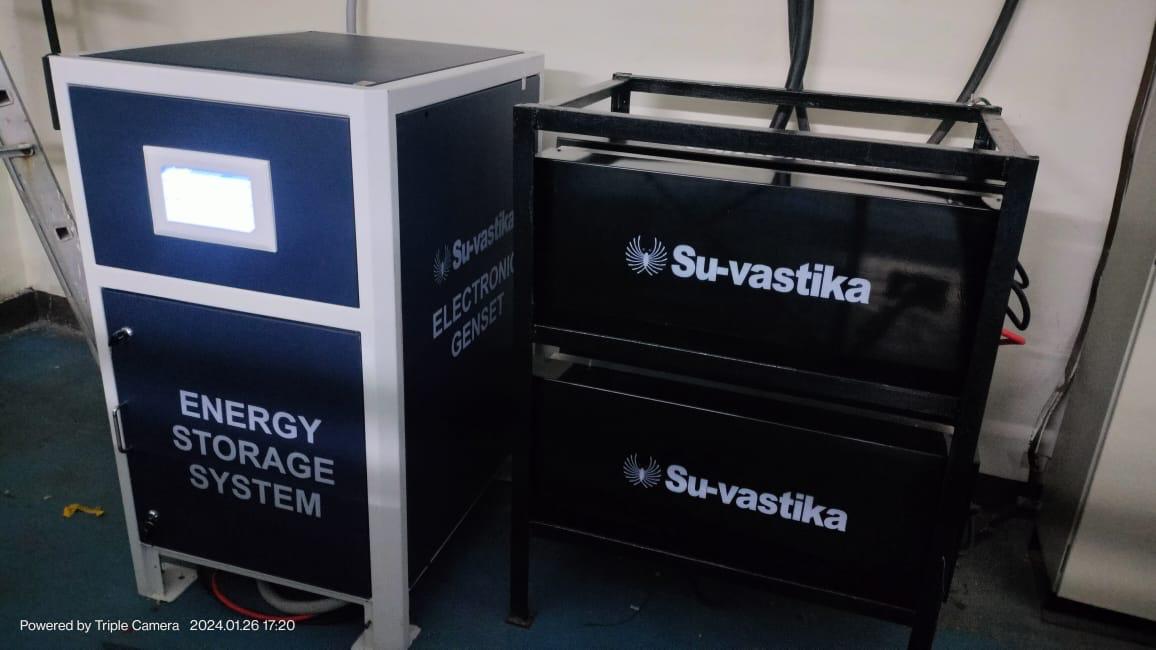A lift UPS, or elevator UPS, is an uninterruptible power supply (UPS) specifically designed to provide backup power to elevators. Elevators are typically powered by three-phase electricity, and a lift UPS will usually have three-phase input and three-phase output. The UPS will take the incoming power from the grid and store it in batteries. In the event of a power outage, the UPS will switch to battery power and continue to provide power to the elevator.


Lift UPSs are typically used in commercial and high-rise buildings where a power outage could cause significant disruption to operations. They can also be used in residential buildings where people with disabilities use elevators.
The Lift UPS and Emergency Rescue devices have similar useability as both provide backup to lifts and elevators with an interruptible power supply without any jerk or switching time.
In the ERD, there is an additional provision of Display in the lift car which gives display status and audio warnings in case the Lift shifts to back up or on low battery status while working on the battery.
Another significant change is that ERD can also work on the Lithium battery bank, making it a pretty compact unit.

Lithium battery bank for the ERD/lift UPS

The ERD can replace generators entirely as it can give up to two days of backup by installing a more extensive battery bank, as it has a bigger charger than the Lift UPS.
Another significant differentiation is that ERD has a remote monitoring feature which can be monitored through the Wi-Fi and GSM-based systems on the mobile phone app or the computer.
Another significant differentiation is that in case of fire in the Building, the ERD can be communicated with the Building Management System to stop the functioning of the Lift.
As fire can result in loss of life for the people travelling in the Lift.
One more important parameter is ERD can be configured to detect the Earth Quake and can stop functioning to save the lives of people residing in multi-storied buildings.
Nowadays, many lift accidents are happening, which has caused a lift phobia among people living in high-rise buildings.
Here are some of the advantages of using an ERD:
- Provides uninterrupted power to elevators during power outages and has the Display installed in the lift car
- Has the remote monitoring through the Wi-Fi and GSM-based system
- Can stop during the fire in the Building or during the Earth Quake
- can replace diesel generators by having a backup time of up to 2 days
- The lead Acid battery bank can be replaced with the Lithium battery bank
Here are some of the disadvantages of using an ERD over the lift UPS:
- In case of fire and Earth Quake, there is no communication with the Building
- It cant handle low battery issues as there is no provision for a display
- Management System to Stop the Lift or Elevator.
- May not be able to provide backup power for extended periods
A lift UPS or an ERD is a valuable investment for any building that relies on elevators. They can help ensure elevators’ safety and reliability, even during power outages.
It also can be a great safety feature in case of fire and Earth Quake in the Building.
Here are some additional details about lift UPSs:
- They typically have a battery backup time of 2-3 hours, but this can vary depending on the size of the UPS and the load it is powering.
- Lift UPSs/ERD only switch to battery power when the main power supply fails.
- They are typically installed in the elevator machine room.
- They require regular maintenance, such as battery replacement and testing.
If you are considering installing a lift backup system, it is essential to consult with a qualified electrician to determine the correct size and type of UPS for your needs.






